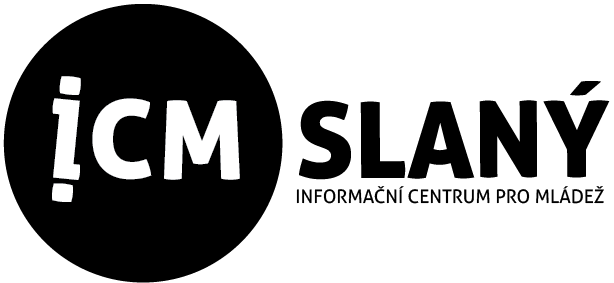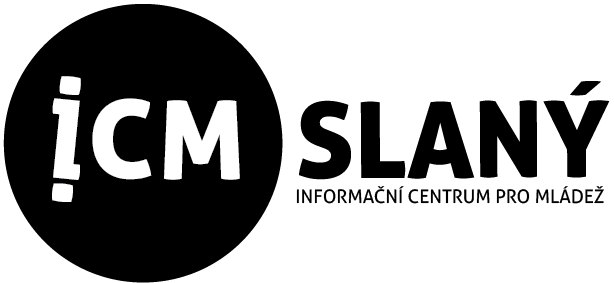13 Čvn VAPE project in Nuremberg
Dear friends!
This month I took a part in a project in Nuremberg from the Czech participant “Tmelník“ NGO, trying to have my little contribution to the discussions there as a volunteer! 13 participants from 9 countries and different NGO’s were working together during 2 years and these was the final meeting before the research summary! Here is some brief information on the project, its objectives and conclusions that I prepared for you!
VAPE (“Volunteering as a pathway to employment “)
Volunteering in Central, East and West Europe
VAPE is a Learning Partnership project financed by the European Commission’s Lifelong Learning Grundtvig Programme that intends to foster and exchange learning experiences of staff in adult education working with young adults (18-30) with fewer opportunities.
Started in autumn 2012, the program encludes 13 partner organizations from eleven countries involved in the project until autumn 2014. The partners examine the local, regional, national and European context of volunteering work, share best practice and develop educational insights to translate and carry out the learned aspects in the daily work of the staff. They explore ways to stimulate the employability of young volunteers, without being compulsory and with respect of a countries historical background. Target groups are policy makers, local organisations.
Objectives and purposes of the project is
1. to provide opportunities for volunteering, especially for unemployed disadvantaged young people aged 18-30.
2. to stimulate volunteering (all types of formal, non-formal and informal voluntary activities) without a compulsory element and without concern for financial gain.
3. to promote a European voluntary work as a tool bridging the gaps between formal education, vocational training and the labour market.
4. to inform potential stakeholders about voluntary work as a pathway to employment, including the challenges and pitfalls.
5. to improve the official recognition and validation of informal and non-formal learning acquired through voluntary work, improve skills and knowledge acquired in volunteering activities
6. improve the quality of support systems and the capabilities of staff in the field of non-formal and informal learning in Europe.
The way to do this is dissemination of a postcards with background information on VAPE Flyer (online and printed). The outcome of the partnership are lessons learned during the partnership and recommendations from 6 learning seminars, 2 national workshops and 7 newsletters.
Hereby, volunteering is more than just an intermediate solution before entering the job market, it develops skills and competences and it also promotes solidarity and social inclusion!
Here are the main aspects and directions that participants came to:
Understanding of volunteering
1) Different definitions of volunteering are present throughout the EU. So it is necessary to encourage and support different approaches in different environments. extra effort is necessary to build a positive public image in the Central and Eastern European member states
2) The image of volunteering should be made more attractive amongst young people.
3) The social environment of the volunteer, letting parents discover the personal and professional development benefits for their children
4) Volunteering should be encouraged, but not enforced on the citizens, it should be linked to employability
Role of the state
1) Member states should assure a legal framework to the appropriate degree
2) Volunteering during unemployment should not cause the loss of social benefits
3) Adequate social protection for volunteers should be assured by all EU member states
To involve more disadvantaged young people in volunteering, volunteering should be a tool for the empowerment of disadvantaged groups in society, it should be freely accessible without putting any financial burden on the volunteer, extra expenses for working with disadvantaged people should be allowed!
Two aspects of volunteering are important on the European level. Volunteering is considered as a possibility to promote life – long learning, and it is considered as a civic participation in the promotion of active citizenship. At the individual level, volunteering can be a means for citizens to acquire social skills, to play a useful role and to connect with society. At the societal level, it can be a tool for the empowerment of people, especially for disadvantaged groups in society.
Young people still in education are more likely to engage in volunteering, perhaps due to opportunities provided through educational institutions. Inactive and unemployed young people are the least likely to volunteer, probably because of limited access to volunteering opportunities
Volunteering activities and active citizenship are promoted as tools in EU policy to help young people get back to work and build social capital.
Link on discussions of different topics, conclusions and practical advices on various national levels can be found here:
http://vape.yes-forum.eu/newsletters/

Žádné Komentáře